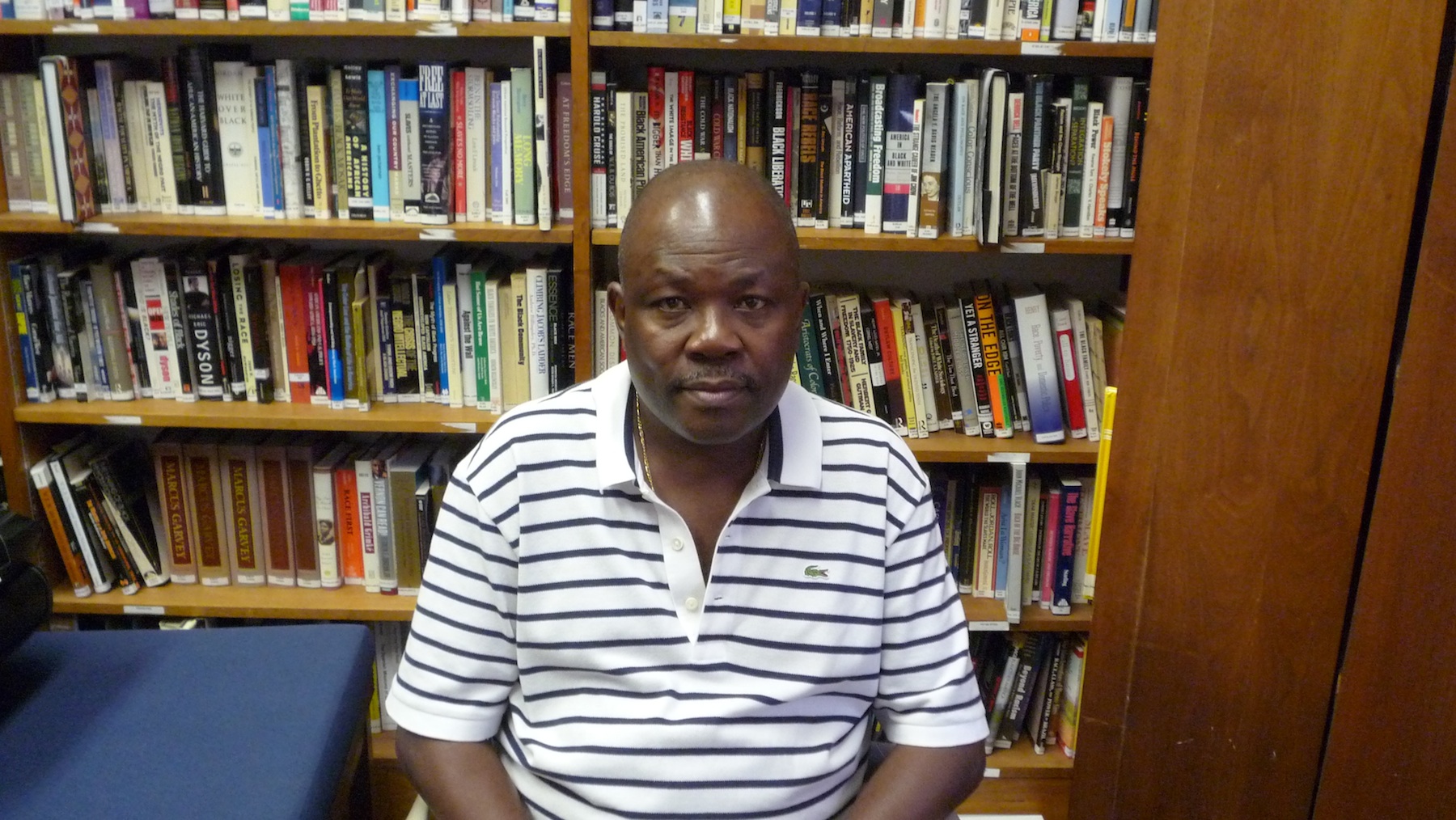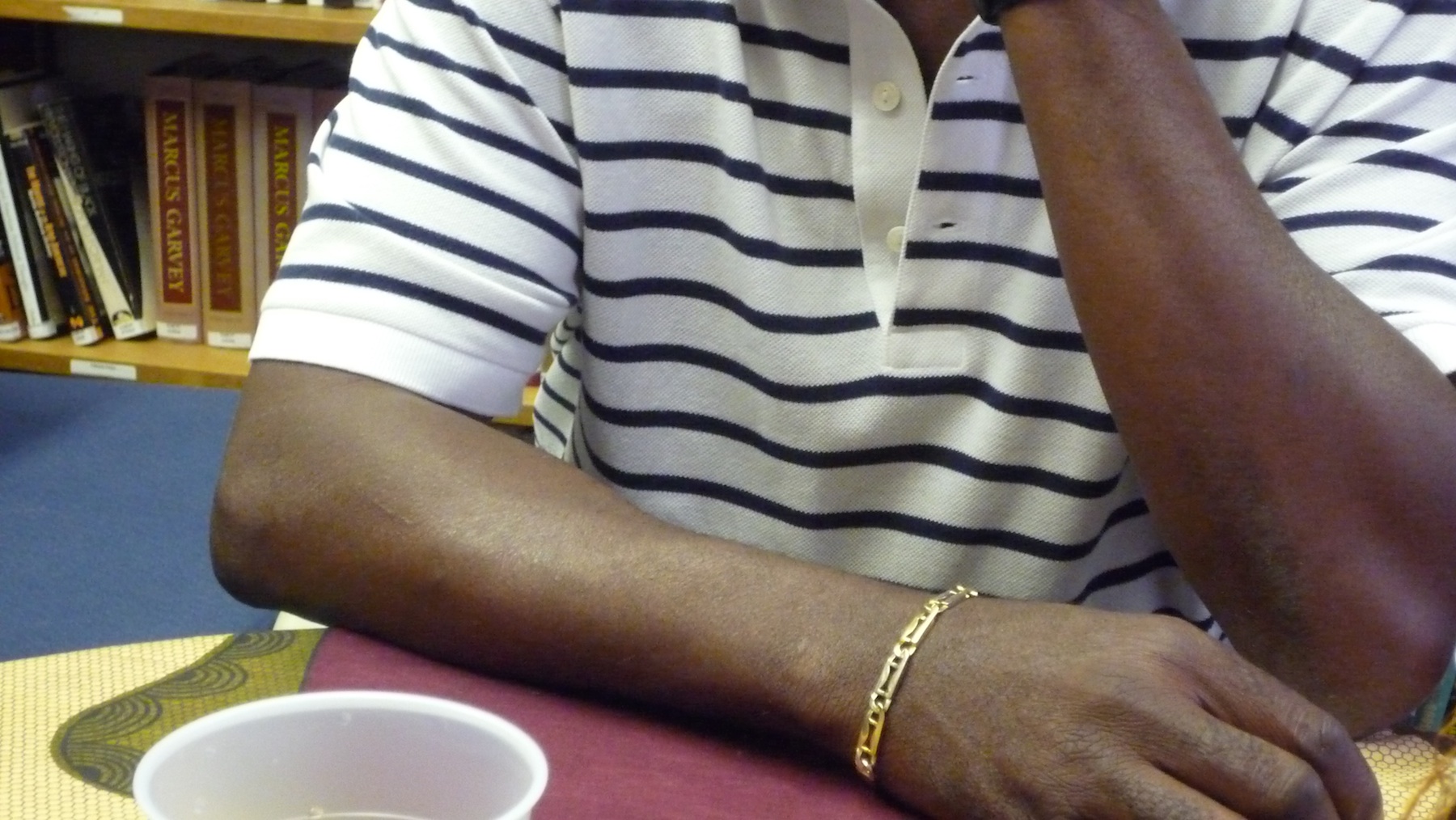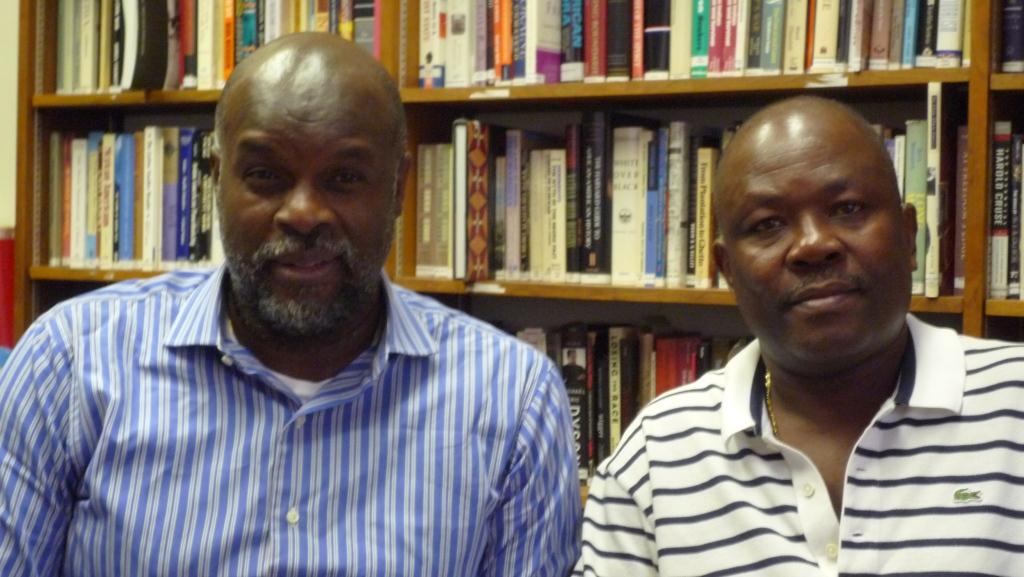

Mario Joseph is Haiti's most influential and respected human rights attorney. Since 1996, he has led the Bureau des Avocats Internationaux (BAI) in Port-au-Prince, which uses prominent human rights cases and a victim-centered approach in the interest of the poor majority. BAI represents political prisoners and victims of political violence. For example, Mr. Joseph spearheaded the prosecution of the Raboteau Massacre trial in 2000, one of the most significant human rights cases in the Haitian history. He has represented dozens of jailed political prisoners, in Haitian courts and in complaints before the Inter-American Commission on Human Rights. In 2009, he received the Judith Lee Stronach Human Rights Award from the Center for Justice & Accountability and the Katherine and George Alexander Human Rights Prize from the University of Santa Clara Law School. Since 2005, he has been a member of the governing Bureau of International Association of Democratic Jurists.
You have been concerned about the forced evictions and the sexual violence in the tent cities, camps, that have been erected by international aid agencies in Haiti following the earthquake. Can you talk about this situation?
For instance they're kicking people out without warning them, without giving them a chance to collect their belongings. They're taking them at gunpoint and just kicking them out. And there's police, the Haitian police with their guns they're going into the camps and forcing people out. This is illegal because it's not as if they give people the means or alternative housing solutions. Part of the problem is these NGO's, and I can even say that Haiti is a republic of the NGOs. They are more interested in removing people from the camps to say that the camps no longer exist as opposed to actually helping these people find alternative housing. These people they go into other camps or they go into the street and these are not good results, they're not correct results. When it comes to the question of rape, for instance, women and children who were vulnerable before the earthquake are now in situations where they're even more vulnerable. So, before the earthquake, we were handling rape issues and now after the earthquake we can say that we've seen the cases triple. The situations that the women are living in, there's some promiscuity, not necessarily promiscuity, but it looks like the situation is set out that some women have no opportunity but to engage in these activities. And things have become worse.
And for instance, aid, there's been an improper distribution of the aid that people have sent to Haiti.
You have suggested that international aid money has been misspent and used corruptly. So can you specify, can you be specific there?
So for instance, I was just about to finish the question that you had asked but for instance the aid that's being given there are these people that have gone and they have control of the aid, they have these cards for instance so women are forced to sell their bodies to have access to these cards, to be given these cards. And also we have a situation where child support payments are not required by law so men are not even taking care of their children.
What are the cards?
Ok, so it looks like they're distributing aid, part of the system is that they have given people cards and you go ahead and give these cards in to get food. So the agents who are giving these cards, they make these deals with the women for sex because there's a situation where there's not transparency with the distribution of the aid. So for instance, you know this situation of aid is so terrible that in distributing, the way in which they're distributing the aid it's gone ahead and further violated the rights of the people. For example, 2 weeks after the earthquake I was in Léogâne, which is an area right outside Port au Prince, which was adversely affected, very affected by the earthquake. There was a helicopter that came to Léogâne, it was a missionary helicopter and they had bread. Instead of asking people how to organize to distribute the bread they hovered over the area and just dropped the bread down. It was something that really hurt me. And it really hurt everyone in the area. That's an example that's indicative or really explains all of the aid distribution in Haiti. They never want to plan, for instance if they want to help the people in the camps, they don't sit with the people in the camps to ask how to help them. For instance, their people they essentially know how many people are in the camp but at times they don't have enough supplies for the number of people. So what they do is they come with just a little bit. But they come with cameras, and their video cameras to show that they're giving the aid, but it's just a little bit, it's not even a lot.
And then you know there are people that are hungry and thirsty, and they fight amongst themselves for the aid. They don't have any choice. That means handicapped people can't get first aid. And people who don't have the will to fight have no access. I don't understand how these civilized countries that say they want to help. I don't understand that this is the way they're helping. So I understand also there's a problem of corruption. In a way they're using this a little bit in giving this aid. And also there's no system of accountability for these people.
I thought Haiti was corrupt, but it looks like there are other countries that you know perhaps have more corruption.
What you are suggesting is that international agencies are doing tremendous harm in Haiti by the way that they are giving aid?
Essentially what we need is for the international community to respect the rights of the Haitian people. For instance, in distributing aid, they need to recognize the rights and dignity of the Haitian people. If they were to distribute aid in this manner, I would agree that their work is good. With Hurricane Katrina, I saw how the United States treated black people. I would not have thought they would have gone and treated Haitians in the same way. There is also the United Nations and the soldiers. While I think it is a forced occupation, I would also think they would be there to promote human rights.
It's been two years since the earthquake and people are still living under the tarps. These conditions are not good for their health. When the sun comes out, it reaches about 38 degrees Celsius and people are forced to stay under the tents. Clinton did a project in Léogâne and it is terrible. He comes from a country that promotes liberty and where there are rights, yet he has poorly organized an aid project. In the shelters, children began having headaches because the materials they used suited for cold countries. People are now saying that these materials are going to cause cancer. I think there may be an upsurge in cancer as a result of the conditions. The sun is hitting the plastic and they are breathing in fumes. It is not right.
You've accused the United Nations of starting just along these same lines, of bringing cholera to Haiti. Do you care to explain that?
It is clear that the Nepalese Peacekeeping soldiers are the ones who brought cholera. For example, I am in my 40s and my mother is about 75. Cholera has never been mentioned in our lifetime. It is true that Haiti has problems but we never had cholera. All of the UN experts have recognized that this strain of cholera came from southeast Asia- specifically Nepal. All of this happened due to the negligence of the United Nations. These soldiers should have been tested beforehand and isolated if they tested positive for cholera. Instead there were permitted to come to Haiti as missionaries. There was not proper management of waste. The UN experts recognized that they did not properly manage waste or have the proper mechanism in place. There was a septic tank that was close to the river and it was not even covered. When the big rains came, the septic tank would overflow and fecal matter would go into the Artibonite River. This is one of the largest rivers in Haiti. It is the water that people drink, that they bathe with and what they use to water their plants. This strain of cholera in Haiti has been matched with this particular strain from Nepal.
In 2004, the UN signed an accord with Haiti. In this accord, they said that they would respect all Haitian laws. In Haiti, it is not permitted to pollute the rivers with fecal matter.
The UN has not respected this accord that they have signed. For instance, they were supposed to put a permanent commission in place. If anything were to go wrong, Haitians would be able to bring claims. The UN never put this commission in place. There are children and girls that are being raped; there are people that are being beaten. There are people in bad situations because of the UN and they have no opportunity to bring claims. It's as if the UN has immunity. As a lawyer, I do not think this is normal. This is why we have filed a complaint. Cholera has killed even more people and it has put people in a more precarious situation. We need to continue to fight. Despite the UN know that the cholera outbreak is a result of their actions, they are not really looking for solutions. They are not trying to help the Haitian people ameliorate their situation. Instead, they are now using a system of lies. They are lying about their role and it is now becoming the truth. As a result, we know that we have to file this complaint. We have to look for resolutions for those that are sick and even for those that have died. Even Dr. Paul Farmer himself has said that this outbreak has a chance of becoming an epidemic or endemic. This means that many people will be exposed to cholera for a long time. And it has been the poorest people that have been exposed or fallen victim to cholera. We are also not going to exempt the Haitian government because they too have a responsibility in this. It's not normal that 200 years after our independence, there are still people that have no potable water to drink.

Do you think there's a political solution in sight for Haiti?
One of the solutions would be for the U.S. to stop interfering in Haitian affairs. If they want to give aid, they should purely give aid. When people are elected in Haiti, they go ahead and push their agenda in the same ways politicians push their agenda in the U.S. There has been a poisoning of the political system in Haiti. So, instead of explaining their agenda or projects, Haitian politicians are more concerned with being friends with Washington. This cannot help the country to progress.
And everyone knows why the U.S. is interested in Haiti. Many people say Haiti is poor but I never want to say that. Instead, Haiti has been made poor. The nation has been impoverished. In 1995, when the U.S. occupied Haiti, the first thing they did was to take the gold reserves. They never returned them. If we had these funds, we would have the means to create our own projects. Our forefathers shed their blood for our independence from France. When this was achieved, France asked that we pay for our freedom. They came with their ships of war and forced President Jean Pierre Boyer to pay back 150 million francs. We paid this debt but took loans from other countries, including the U.S. France had previously exported all of our natural resources- our fish, sugar cane, etc. This means that Haiti is a country that was made poor. It was impoverished.
Aristide had asked for reparations and this is why there was a coup d'état. Imagine if our gold reserves were returned. We would have the means to reconstruct Haiti. We would have the funds to remove people from the camps and put them in public housing. We would have the infrastructure to make potable water available for all. They do not want to give the money back to Haiti and they are supporting a system that is not really helping the country. This is how they are poisoning the political system. Aristide is someone who knows the situation and the resources of Haiti. He has always said that there is oil and uranium. There is gold that this Canadian company is exploiting in the north. This is a poisoned political system that has created social and political problems.
Is it dangerous for you to do your human rights work in Haiti?
Yes it is very dangerous. Generally, I lead a very restricted life. I have been separated from my family because of my work. My wife and children live in Miami. Thankfully, they have political asylum. It is not a very easy situation. There have been several times where bullets have flied into the office. My home and car has been broken into. I have been stalked by phone and told that I was going to be killed. Once, I received an envelope with a bullet in it. It is not a very easy situation. You can see that I have lost all of my hair. I also have diabetes and high blood pressure. This means that this work is very stressful. It is very difficult. I recognize this because it has affected my health. It is true that we will all die so I am not bothered. I do not want to die but I know that the cause I am defending is a good cause. I do not have a problem with this. What I would really like to see is for the situation of Haiti to change. This is what I will regret if I do not have a chance to see this.
I want to really thank you for taking some time and coming to talk to me. I appreciate it man.
Thank You

The photos of Mario Joseph are included courtesy of Tukufu Zuberi. This article was translated and edited by Lindsey Laveaux, a second-year student in the Law School at the University of Pennsylvania.
